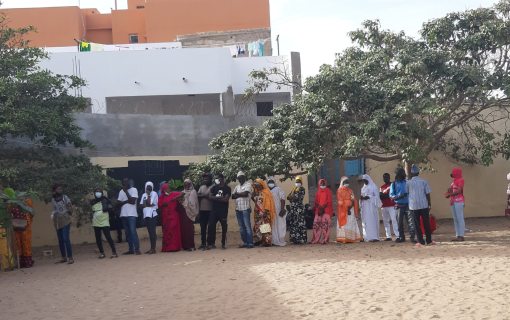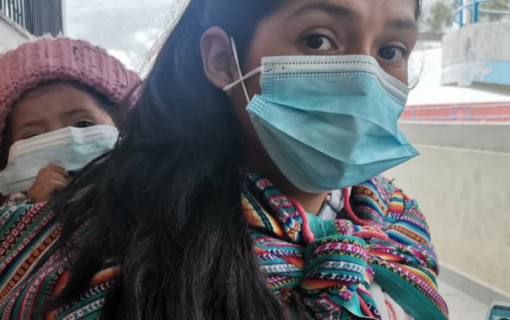Slovak Republic: Pre-Election Technical Assessment
Executive Summary
In December of 1997, the International Foundation for Election Systems (IFES) conducted a Pre-Election Technical Assessment (PETA) for the Republic of Slovakia to evaluate the internal strengths and weaknesses of its electoral laws and administration, identifying and examining both where the electoral process is vulnerable to external influences and where it is open to independent monitoring. This report identifies ways to improve and safeguard the integrity of the electoral process, including methods for independently verifying its integrity.
The IFES team was impressed with the advanced development of the electoral administration, as well as the extremely vibrant civic sector and NGO community in Slovakia. Political parties were, by and large, well organized and motivated, possessing a keen comprehension of the democratic and electoral process, as well as respectable connections to their constituencies. Previous elections in the Slovak Republic have also generally met international and European standards.
There were, however, areas of serious concern. First and foremost, an apparent denigration of the rule of law in Slovakia (as evidenced by the Gaulieder case, the 1997 referendum and the government's response to the subsequent court rulings on each) raise issues likely to be tested in the upcoming elections. Furthermore, rumored alterations to the electoral law, promulgated in order to gain political advantage for the ruling party at the cost of plurality, should be strenuously resisted.
Other specific concerns focused on 1) the misuse and opportunistic amendment of the electoral code, 2) a lack of effective, nation-wide voter education and awareness resources, particularly in voting process and rights, and 3) inadequate training of election officials and poll workers, particularly after the confusion of the recent referendum. Long-term assistance efforts need to be focused on these areas to begin the process of systemic improvement.
Finally, all parties expressed a strong and universal concern of manipulation during the polling and counting process during the assessment. IFES recommends a combination of domestic monitoring and/or a parallel vote count to increase confidence in the election process, safeguard against fraud or mismanagement, and expand public access into the democratic and political process at a fundamental level.
Read the Full Report.









